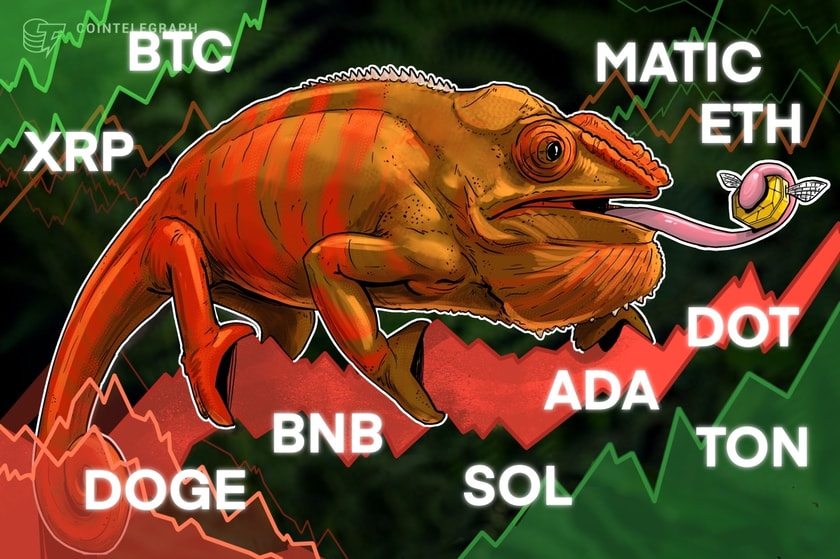Alior Bank, a bank based in Warsaw, Poland, is using the public Ethereum blockchain to authenticate its clients’ documents, according to a report by Forbes on June 17.
According to the report, when a client at Alior receives a document, they can now verify its authenticity by following a website link to its spot on the public blockchain. This means that customers can verify that the document in question was in fact issued, in the exact wording provided, when the bank claims. The blockchain technology lead at Alior, Piotr Adamczyk, explains:
“We know exactly in which block of Ethereum the document with a given hash is published. If we know the block number, we also know the timestamp […] We know that the document was published some time ago and hasn’t been changed in that time [if the hash stored on the blockchain is identical to the hash calculated from the document], so we can prove it hasn’t been replaced on our servers.”
Alior reportedly developed this blockchain solution in response to changing regulations in Poland, where the Office of Competition and Consumer Protection ruled in 2017 that website pages do not constitute a “durable medium” necessary for issuing customer documents — the issue being that website pages are too easily changed, making them not suitably durable.
Thus, Alior came up with a blockchain solution that provides online documentation through a suitably durable medium. Moreover, Alior management reportedly believes it is the first bank to use a public, as opposed to a private, blockchain for customer service. Blockchain strategy lead at Alior Tomasz Sienicki commented:
“We want people to verify that we did everything right and we don’t conceal anything. If we say the documents are actually verified and authentic, everybody can check it and confirm […] That’s not possible using a private blockchain.”
According to a recent analysis by Cointelegraph, banks in South Korea are increasingly making use of blockchain tech, from solutions in document verifications to peer-to-peer services; however, the country’s banks are not deploying cryptocurrency services.
Financial analyst Sung-jung Kim commented in an interview to Cointelegraph on the situation, saying that banks are primarily interested in creating private blockchains to use, or finding hybridized blockchains that have already been developed.









